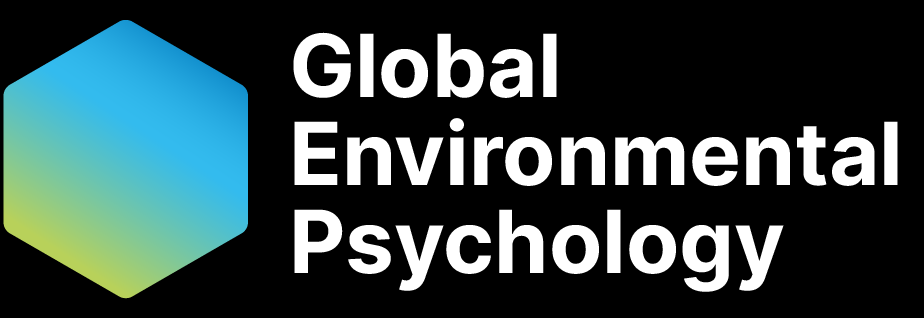Why Do (Or Don’t) People Protect Nature? Insights From Conservation Practice and Environmental Psychology to Respond to the Biodiversity Crisis
Authors
Abstract
Understanding and shaping human action towards nature conservation is critical to reversing the biodiversity crisis. Psychological science provides tools for understanding individual and collective behaviours, but also for understanding how the behaviour of individuals can drive human–environment systems transitions. As researchers and practitioners spanning distinct disciplines, we draw on our collective knowledge in environmental psychology, systems thinking, economics, and conservation biology, along with experience in practice and government, to consider reasons why people do (or don’t) protect nature. We outline dimensions important to fostering individual conservation behaviour and systems transformation. Such individual dimensions include values, personality traits, and psychological distancing. Broader system influences include cultural, economic, and environmental factors that shape the way people interact with, and care for, nature. Finally, we describe potential tools that may support increasing conservation actions and systems transformation, including strengthening connection with and access to nature, values-based and solutions-focused framing, collective action, and propagating optimism.


